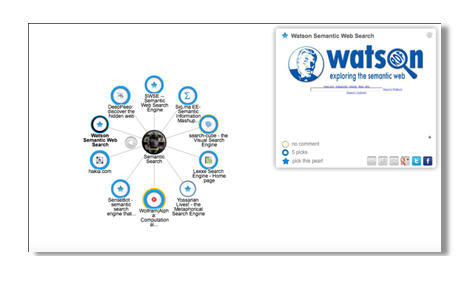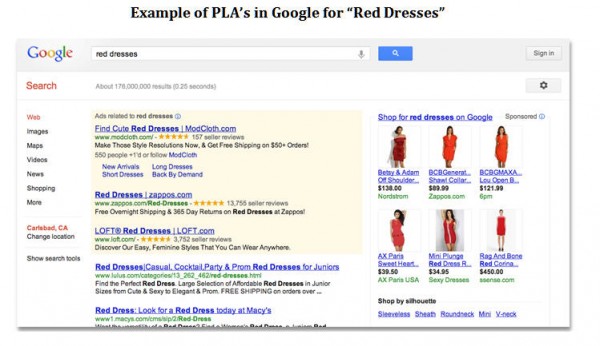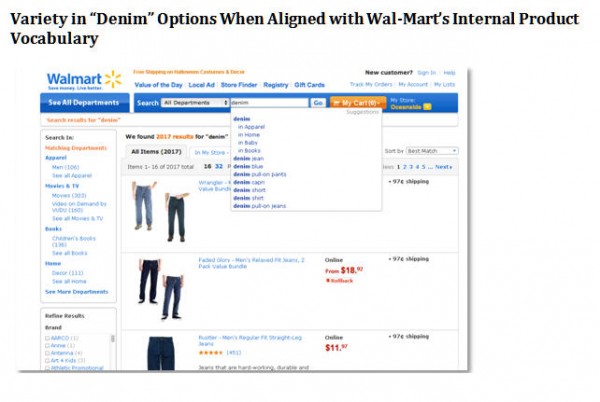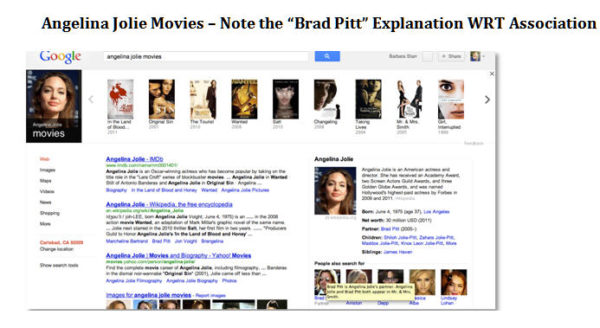For Google Shopping & More, Vertical Search Works!
A Vertical Search engine, just for clarity’s sake, is defined as a search engine that focuses on a specific segment of Web content or on a specific topic. Examples would be Google Shopping and all the other items on the Google menu bar (Images, News, Recipes, Maps, YouTube, etc.). It is also clear that some […]
A Vertical Search engine, just for clarity’s sake, is defined as a search engine that focuses on a specific segment of Web content or on a specific topic. Examples would be Google Shopping and all the other items on the Google menu bar (Images, News, Recipes, Maps, YouTube, etc.).
It is also clear that some of these verticals derive far higher revenues for Google than other verticals. Google Shopping, with its new pay-to-play model, looks like it is going to do just that.
According to a recent study, Google’s new PLA’s (Paid Listing Ads) have been found to significantly outperform text ads in click-through rates by 47% and conversion rates by 38%, resulting in a 25% ROAS (return-on-ad-spend). Take into account that the deadline for merchants to comply, October 17, just kicked in, and that we are only just hitting Q4, and this becomes even more significant.
Advantages Of Vertical Search
From a search engine perspective, one of the advantages of vertical search is the ability to far more easily determine user intent. When a user clicks on “Shopping” in Google, there is a limited number of actions they intend to take.
In Google shopping, that intent would either be to purchase a product or research the purchase of a product. Add something like location to the mix, and the context is even further refined. And oh yes, all your past search history, information from your Google plus account and anything else Google knows about you can be added to further refine the search and determine user intent.
This further refines the context, enabling and facilitating a search engine’s capability to provide the searcher with the information they are seeking. The other clear benefit from a search engine point of view is how it narrows down the search space for them, as they can “activate” appropriate contexts within. This can indirectly improve performance as well as directly improve accuracy of results served.
Overall effect: this can provide the searcher as much as possible with what they are seeking, facilitating the knowledge graph or “knowledge graph” type displays seen above.
The large online retailers, such as Wal-Mart or Amazon, have the funding and capability to provide internal semantic search.
From a search-engine perspective, another thing to note is that within a vertical search engine, the internal taxonomy with reference to relevant search may differ from generic search, e.g., chlorine tablets may pull up pool equipment; whereas, in a standard taxonomy or vocabulary, this would not be the case.
A typical example would be Walmart’s Polaris ,which incidentally caused a 10 -15 % lift in sales, and began with the formation of @walmartlabs and the initial acquisition of Kosmix amongst other later acquisitions. Astronomically expensive and beyond the reach of smaller e-tailers with relevant products, wishing to contend and have their products findable in the major Comparison Shopping Engines such as Google Shopping itself.
The Future Of Vertical Search & E-Commerce
Getting back to vertical search and e-commerce, let’s take a look at some current reality. After Google’s earnings disaster last Thursday, one of the questions Larry Page was asked about was the future of vertical search.
In his response, he referred to the large investment Google made in the Knowledge Graph and the critical need for the search engines to get the correct information to the user at the appropriate moment in time. He also cited airline flights (presumably referencing their recent flight search capability) as an example of a recent vertical other than Google shopping (YouTube and others are clearly significant verticals, but Google’s flight search is more recent).
Given that Google’s Knowledge Graph, in essence, is a play at adopting semantic search and semantic-Web-like technology, Google has thus far put this to brilliant use with respect to anticipating the answer and leveraging the results − along with its extremely visually-pleasing Knowledge Graph displays.
A successful guess at the answer within that display provides the searcher with no further need to click through to another site. Google is even making a stab at providing explanations via associated relationships, doing a rather good job of it too, for a nascent technology, and perhaps better than the innovators of that technology, themselves!
However, Google is not the only player in the vertical search game. There are many other contenders, and it is possibly still a hot topic in the race for the end game (or even a piece of it).
NTENT (formerly known as Vertical Search Works) is the name of a company based in New York, London, Vienna and Carlsbad that offers users an alternative to Google paid search ads. They also offer several niche vertical search engines of their own, such as wedding, food, woodwork and more.
An image from that site is selected below (in terms of its vertical searches) and does not include its semantically targeted advertising capability.

Perhaps not included in this list, are other new and innovative startups in this arena. Feel free to add those not mentioned in the comments below. I believe the list is extensive. To name but a few off the top of my head, I would cite:
- Hakia.com
- Evri.com
- Blekko.com
- Dogpile.com
- Sindice.com – the Semantic Web index
I also received this, in a Google Alert from a pearltree user: Some great semantic search engines!

Key Takeaways & Action Items
In summary, online merchants should focus on the following during the holiday season:
- It is always worth submitting your feed to Google Shopping and any other major CSEs or niche search engines.
- Make sure you have excellent data quality; if not, you may be suspended.
- Make sure your site maps are readable and of good quality.
- Use semantic markup on your pages where possible, and ensure on-page content, on-page markup and the data you submit in your feed all match.
- Make sure you frequently update your product feed (at least once a day or more).
- Keep your eyes open for novel vertical search engines and recommendation systems (typically semantic in nature). They may just get you that unexpected lift.
- Last, but not least, here’s an unexpected takeaway from e-Bay: keep your images crystal clear, with an unfussy background!
Opinions expressed in this article are those of the guest author and not necessarily Search Engine Land. Staff authors are listed here.
Related stories



